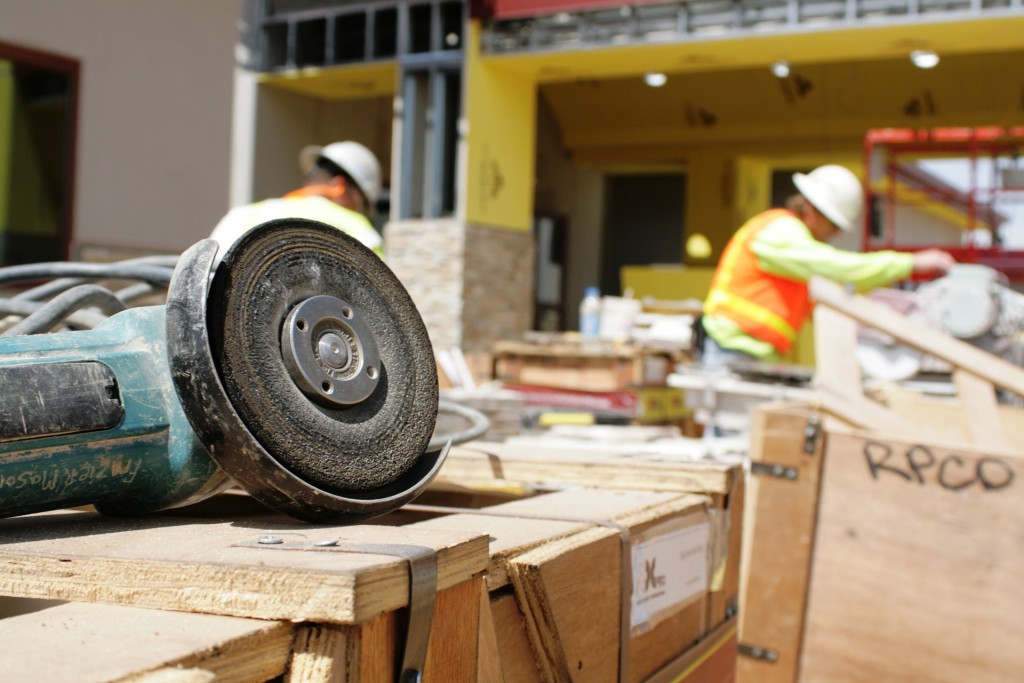6 Types of Drug Testing and How to Stay DOT Compliant
You’ve likely experienced taking a drug test to get a job– showing up to a random health center, completely oblivious to the protocol and rules being followed to make sure you could be hired. You likely didn’t know about the various types of drug testing that could be required of you… you simply provided a urine sample and waited for your paperwork (which hopefully was negative). Even if this all sounds foreign to you, now that you manage a business it’s important to understand the protocol for drug and alcohol testing in order to maintain a safe work environment. This is especially important for any transportation-related employers (truck drivers, bus drivers, pilots, etc.) because you must comply with the standards set by the Department of Transportation (DOT).
Check out the list below to learn how to stay DOT compliant in requiring these six authorized types of drug testing.
- Pre-employment: Just like your first job, the DOT requires that employees have a negative drug test on file before operating a vehicle.
- Random Drug & Alcohol Testing: DOT employers are responsible for conducting random, unannounced drug & alcohol tests in order to identify current substance users and abusers. But there’s good news for your 16-year-old self: a drug test won’t pick up on your poppy seed muffin, unless you eat about 300. And if that’s the case, we have a different problem.
- Post-Accident Drug & Alcohol Testing: As soon as possible after an accident occurs, employers must test for drug and alcohol for each of its surviving employees who were performing safety-sensitive functions.

- Reasonable Suspicion Drug & Alcohol Testing: When an employer has reasonable suspicion to believe that an employee has misused controlled substances, they can require all or certain individuals to submit to a drug or alcohol test. Precautions are taken to ensure that reasonable suspicion is based on specific, relatively recent, articulable observations concerning the appearance, behavior, speech or body odors of the driver, not just personal annoyances.
- Return to Duty Testing: Some employees are invaluable and worth keeping despite questionable choices they may have made in their personal time. That’s why an employee who has a positive test either for drugs or alcohol can be suspended for a period of time. Then, upon returning to work, the employee must undergo a return to duty test to ensure that he/she is free from drugs and alcohol.
- Follow Up Testing: Studies have shown that the relapse rate is highest during the first year of recovery. So, to better help that essential employee, anyone returning to duty will be subject to follow-up testing, which is separate from the random testing obligation. The employee will be subject to a minimum of six unannounced follow up drug/alcohol tests during the first year back to work.
There you have it– all the DOT authorized types of drug testing that keep your business running smoothly and productively!
Drug and alcohol testing regulations can get muddled, especially when it comes to random and reasonable suspicion requirements. We’ve got you covered. Let Cover-Tek handle your drug testing needs to ensure accurate, reliable results every time. We’ll work with you to meet your company’s specific protocol and monitor changing legal obligations as well.